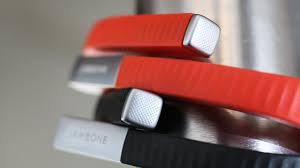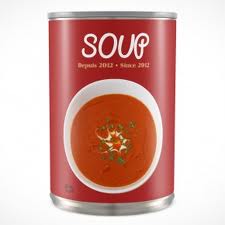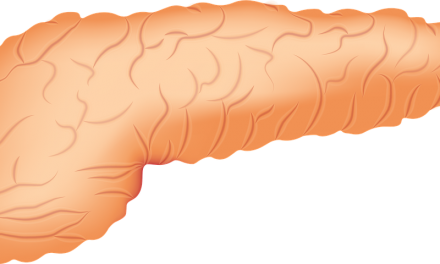There are many different kinds of wrist technology out there – Garmin, FitBit, and Jawbone UP just to name a few. In response to concerns that these devices may not be accurate to measure energy burn, researchers have now conducted a study to test how accurate they are.
The study, published in JAMA Internal Medicine, examined several brands of wearable energy tracking technology, and compared them to gold standard research methods of measuring energy burn, including both a standardized day (indirect calorimetry using metabolic chamber) and fifteen free living days (doubly labeled water method). Brands studied included the Garmin VivoFit, Jawbone UP24, and FitBit Flex.
They found that these wearable devices were overall quite inaccurate, with inaccuracies ranging as high as 590 calories per day. ! Most of the inaccuracies were underestimates of caloric needs, while some overestimated needs.
So does this mean that these devices are totally useless? No. They can be great motivation for keeping track of daily activity and steps taken per day (pedometer) – though there are inaccuracies here as well. But I do see a lot of people with weight struggles feeling frustrated that they seem to be burning way more calories (according to their device) than the food they are eating, yet they are not losing weight. Overall, the biggest benefit of these devices is probably motivation to move, and keeping us engaged in mindful eating (ie we think more about what we are eating if we are keeping track of it).












